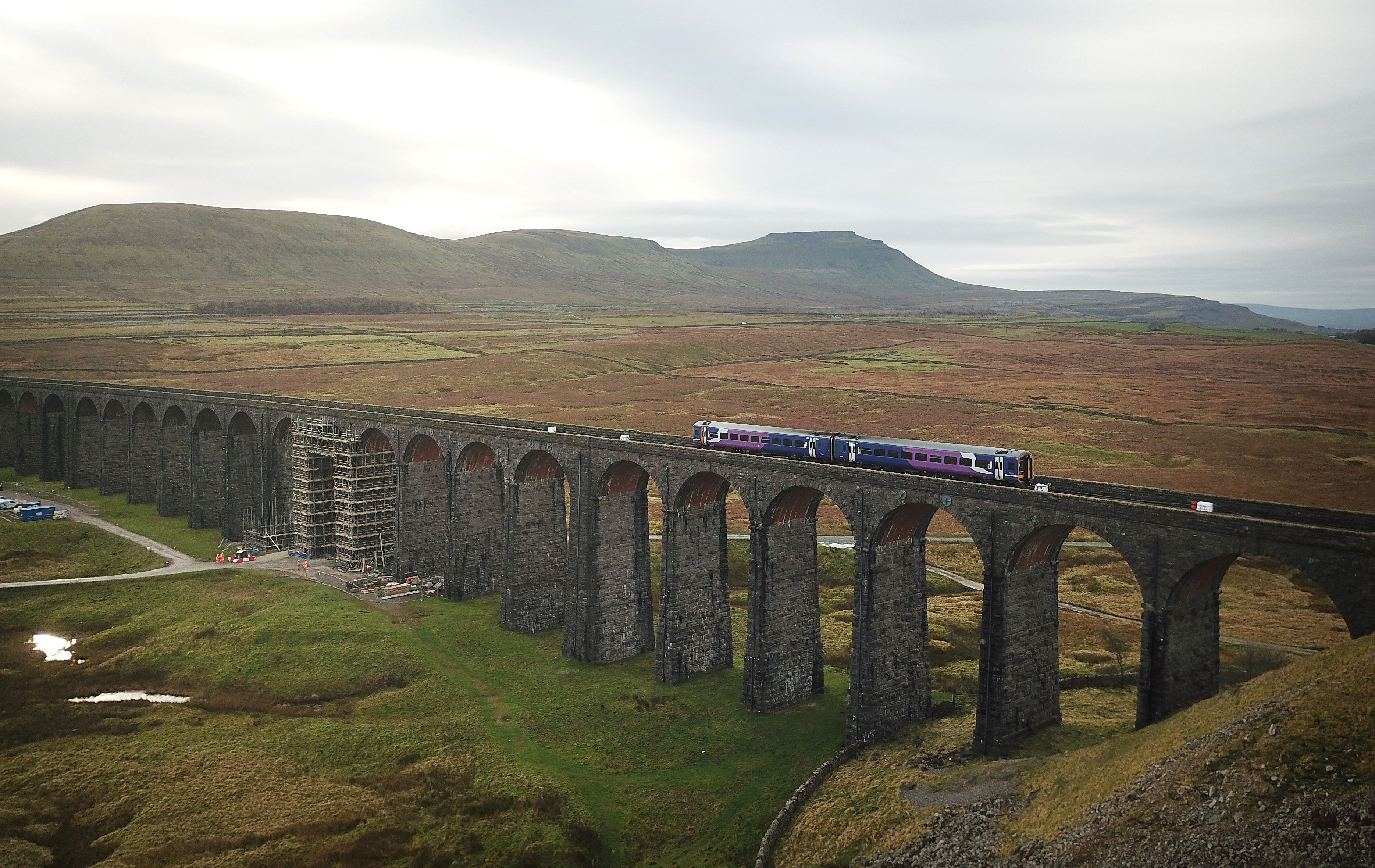‘Life-saving’ free train travel for domestic abuse victims extended after demands surges during pandemic
‘Women tell us that they cannot afford to leave because the perpetrator has controlled their money and they have none of their own,’ says expert

Your support helps us to tell the story
From reproductive rights to climate change to Big Tech, The Independent is on the ground when the story is developing. Whether it's investigating the financials of Elon Musk's pro-Trump PAC or producing our latest documentary, 'The A Word', which shines a light on the American women fighting for reproductive rights, we know how important it is to parse out the facts from the messaging.
At such a critical moment in US history, we need reporters on the ground. Your donation allows us to keep sending journalists to speak to both sides of the story.
The Independent is trusted by Americans across the entire political spectrum. And unlike many other quality news outlets, we choose not to lock Americans out of our reporting and analysis with paywalls. We believe quality journalism should be available to everyone, paid for by those who can afford it.
Your support makes all the difference.“Life-saving” free train travel for domestic abuse victims escaping violent partners has been extended after demand has soared during the pandemic.
The scheme, which all train operators signed up to last March, provides domestic abuse survivors with a free train ticket to flee their abusive partner and seek refuge in a shelter.
Almost two-thirds of people who used the “Rail to Refuge” scheme said they would not have been able to make the trip if the cost had not been covered.
Fresh data shows 1,348 people have used the programme, which is equivalent to four domestic abuse survivors a day. While the scheme, which has helped 362 children over the age of five, had been due to finish next week, it has now been prolonged.
Farah Nazeer, chief executive of Women’s Aid, a leading domestic abuse charity which helped launch the programme, said: “Women face many barriers when escaping an abuser. Leaving your home because you and your children are not safe is a massive undertaking.
Read more:
- ‘He was carrying two knives looking for me’: Women cooped up with violent partners during lockdown recount horror
- ‘Far too many turned away’: Domestic abuse victims left with nowhere to go as services struggle in pandemic
- ‘I wouldn’t be alive if I had stayed’: Demand for ‘life-saving’ free train travel for domestic abuse victims soars amid pandemic
“Additionally, leaving the abuser is a dangerous time with a huge rise in the likelihood of violence after separation, so it needs to be done as safely as possible.
“Many women and children have to travel long distances to escape their abuser. There remains a serious shortage of refuge spaces, so it is vital that women are not prevented access to safety in a refuge by the cost of travel.”
She noted the scheme has been “lifesaving” for hundreds of women and their children as she warned many victims have endured years of economic abuse and will not be able to access a bank, credit card or cash.
“Women tell us that they cannot afford to leave because the perpetrator has controlled their money and they have none of their own,” Ms Nazeer added.
The Independent previously reported one in three domestic abuse victims trying to flee their partner have been plagued with financial abuse – which includes a partner stealing money, trying to control spending, or racking up debts in the victim’s name – leaving them unable to escape danger.
Domestic abuse has surged during the public health crisis, a report released by MPs in April revealing killings doubled over 21 days during the pandemic. In May, it emerged calls to the national domestic abuse helpline had risen by 66 per cent and visits to its website soared by 950 per cent since the UK first declared a lockdown.
Rebecca Hirst, chief executive of Pennine Domestic Abuse Partnership, said they helped a domestic abuse victim escape London with her four children to their refuge in Kirklees in Yorkshire.
“She would not have been able to travel across the country to the safety of a refuge if it had not been for the ‘Rail to Refuge’ scheme,” Ms Hirst added. “She had been subject to physical, emotional, and economic abuse and had no access to money or her own bank account.”
Every week in the UK, two women are murdered by a partner or ex-partner, with statistics showing women are at the greatest risk of homicide at the point of separation or after leaving a violent partner.
The scheme was first introduced by train firm Southeastern in September 2019, after one of their station managers, Darren O’Brien, happened to watch a Dispatches documentary titled “Safe at Last” about Reigate and Banstead Women’s Aid refuge in Surrey.
Ava, a domestic abuse survivor who utilised the scheme, previously talked to The Independent about how much it had helped her, saying she only had £10 when she fled her abusive partner.
Anyone who requires help or support can contact the National Domestic Abuse Helpline which is open 24/7 365 days per year on 0808 2000 247 or via their website nationaldahelpline.org.uk/
Join our commenting forum
Join thought-provoking conversations, follow other Independent readers and see their replies
Comments